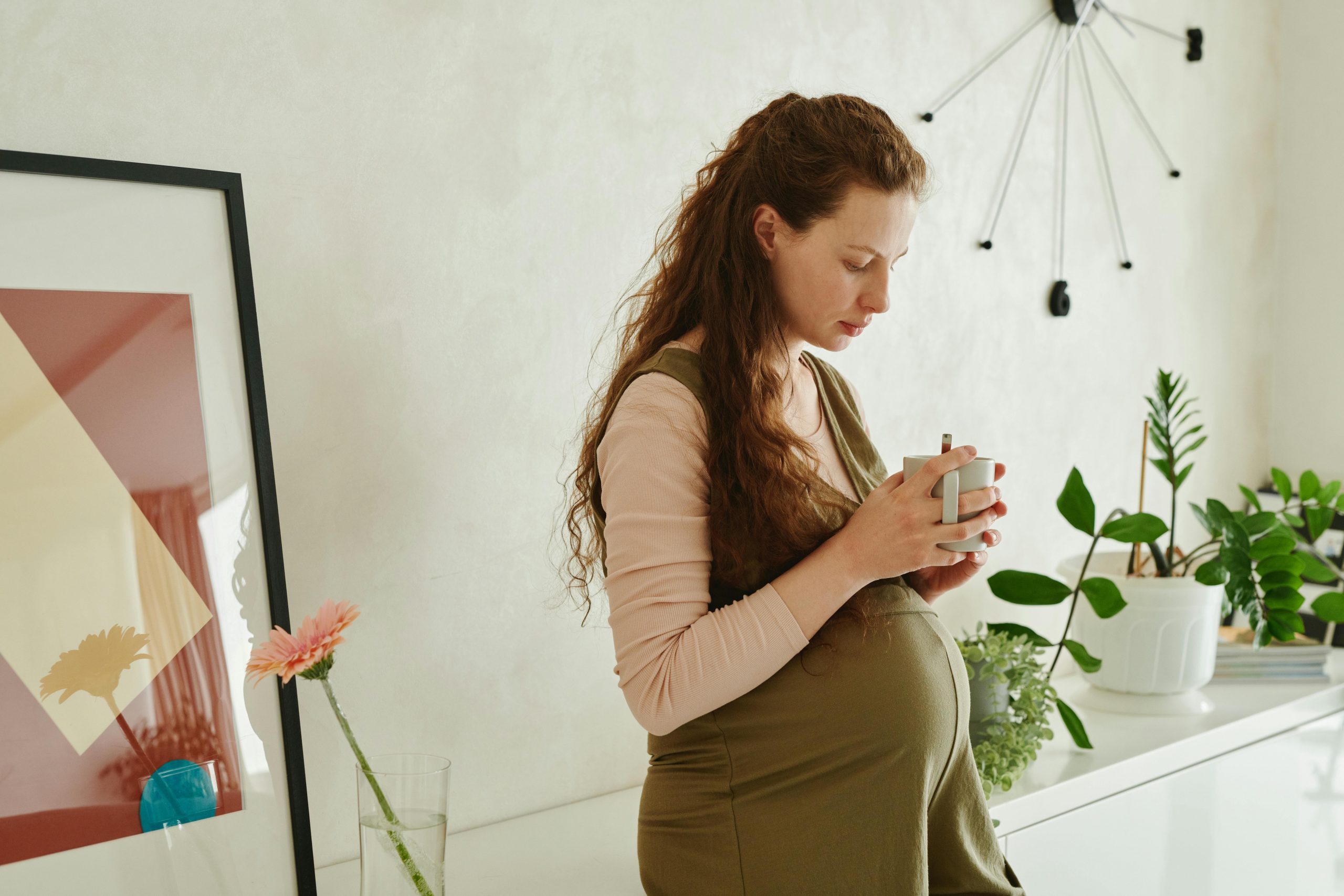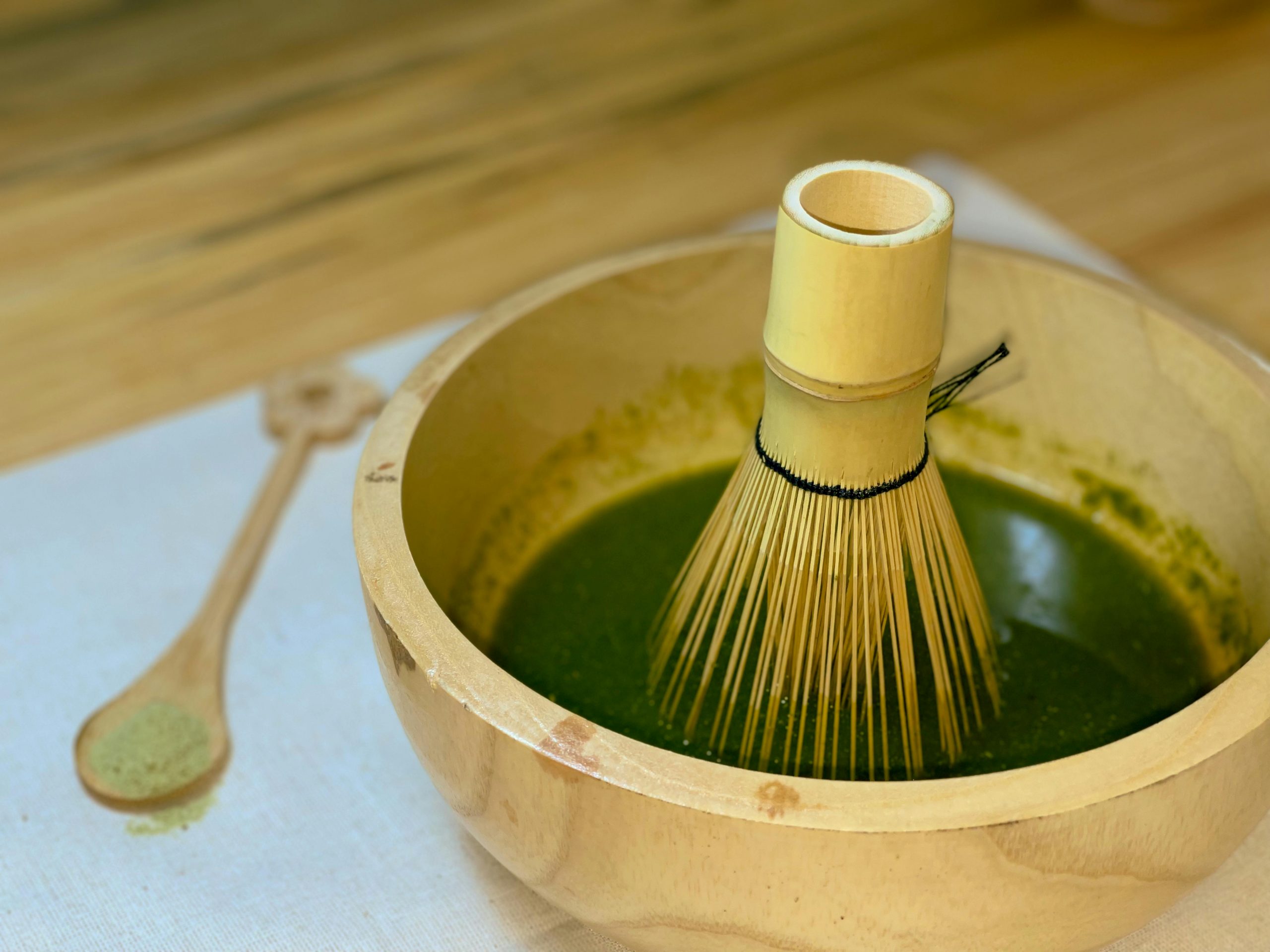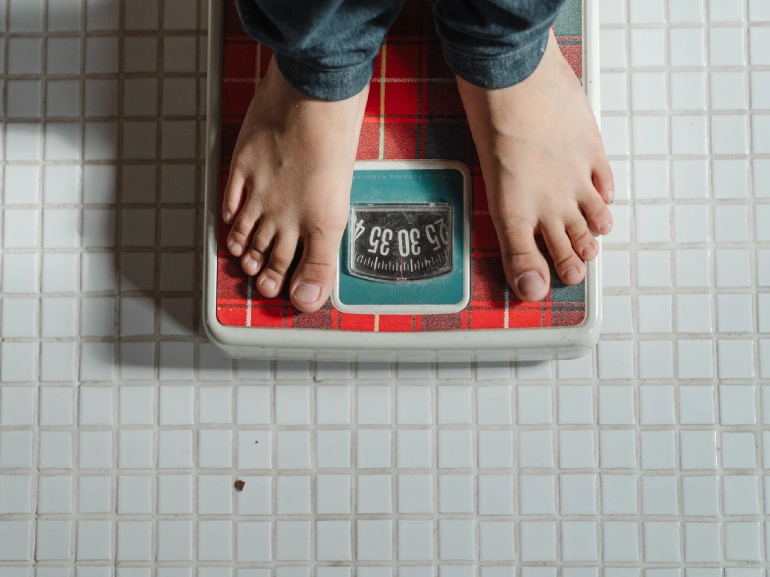- Moderation is essential: One small cup of matcha per day is generally safe during pregnancy, staying within recommended caffeine limits.
- Matcha offers antioxidants and nutrients: Vitamins, minerals, and catechins can support overall health and reduce oxidative stress.
- Gentle energy boost: L-theanine in matcha provides steadier alertness compared to coffee, helping with focus without jitters.
- Potential risks exist: Excess caffeine, heavy metals, stomach sensitivity, and reduced iron absorption are important considerations.
- Safe consumption tips: Use high-quality organic matcha, drink between meals, limit added sugar, and consider decaf or smaller servings if sensitive to caffeine.
- Alternative options are available: Herbal teas, caffeine-free matcha, golden milk, or chicory coffee are safe substitutes for pregnant women avoiding caffeine.
Pregnancy comes with a long list of dos and don’ts, especially when it comes to what you eat and drink. If you’ve ever wondered, “Can you drink matcha while pregnant?”, you’re not alone. Matcha has gained popularity for its health benefits, but when you’re expecting, it’s natural to question whether it’s safe. In this article, we’ll explore everything you need to know about drinking matcha during pregnancy, including potential benefits, risks, safe consumption tips, and alternatives.
What Is Matcha and Why Do People Love It?
Matcha is a type of green tea that comes in powdered form. Unlike regular green tea, you consume the whole leaf, which is finely ground into a bright green powder. This means matcha contains higher concentrations of nutrients, antioxidants, and caffeine compared to regular brewed tea.
People love matcha for:
- High antioxidant content: Rich in catechins, which help fight free radicals.
- Calming energy: Contains L-theanine, which promotes alertness without the jittery side effects of coffee.
- Versatility: Can be added to lattes, smoothies, baked goods, and even ice cream.
- Metabolism boost: Some studies suggest it may help with fat metabolism and energy expenditure.
Even though matcha has benefits, it’s important to consider how its compounds affect pregnant women.
Can You Drink Matcha While Pregnant? The Role of Caffeine

One of the main concerns during pregnancy is caffeine intake. Matcha naturally contains caffeine, although the amount varies depending on preparation. On average:
- 1 teaspoon of matcha powder contains about 70 mg of caffeine, roughly equivalent to a cup of brewed coffee.
- Most health experts recommend limiting caffeine intake during pregnancy to 200 mg per day.
Too much caffeine during pregnancy has been linked to:
- Low birth weight
- Increased risk of miscarriage
- Sleep disturbances in the mother
So, can you drink matcha while pregnant? Yes, but moderation is key. Sticking to one cup a day or using smaller amounts of powder can help you enjoy the benefits without overdoing it.
What Are the Potential Benefits of Drinking Matcha While Pregnant?
If consumed in safe amounts, matcha can provide several benefits for expecting mothers:
1. Packed with Antioxidants
Matcha is loaded with catechins, powerful antioxidants that help fight oxidative stress. During pregnancy, antioxidants can support overall health and may help reduce inflammation.
2. Gentle Energy Boost
Unlike coffee, matcha provides a smoother energy lift thanks to L-theanine. This amino acid promotes alertness while keeping your energy steady, avoiding the spikes and crashes associated with caffeine.
3. Supports Mental Clarity
Pregnancy brain is real! L-theanine in matcha can enhance focus and calmness, making it a great alternative to multiple cups of coffee.
4. Nutrient-Rich
Matcha contains vitamins and minerals including:
- Vitamin C
- Selenium
- Zinc
- Magnesium
- Fiber
These nutrients can complement a balanced diet and support healthy pregnancy development.
What Are the Risks of Drinking Matcha While Pregnant?
While matcha offers benefits, there are some risks to keep in mind:
1. Excess Caffeine
Too much caffeine can harm your baby, so it’s important to monitor your total daily intake from all sources (coffee, tea, chocolate, soda).
2. Heavy Metal Contamination
Green tea plants can absorb metals from the soil, such as lead. When you drink matcha, you’re consuming the entire leaf, which may increase exposure. Choosing high-quality, organic matcha can help minimize this risk.
3. Stomach Sensitivity
Pregnancy can make your digestive system more sensitive. Some women may experience:
- Nausea
- Heartburn
- Stomach upset
4. Interaction with Iron Absorption
Tea compounds, including matcha, can inhibit iron absorption. This is important for pregnant women since iron is critical for supporting your baby’s growth and preventing anemia. Drinking matcha between meals instead of with iron-rich foods can reduce this effect.
How Much Matcha Is Safe During Pregnancy?
Moderation is the key. Here are some guidelines:
- Stick to 1 small cup (around 1 teaspoon of matcha powder) per day.
- Avoid matcha-based drinks with added caffeine, energy shots, or extra supplements.
- If you’re also drinking coffee or other caffeinated drinks, factor that into your daily caffeine limit.
- Listen to your body. If you notice jitters, trouble sleeping, or nausea, cut back.
When Should You Avoid Matcha During Pregnancy?
Certain situations may call for skipping matcha altogether:
- You have high blood pressure or heart palpitations triggered by caffeine.
- Your doctor advised limiting caffeine for medical reasons.
- You are prone to severe heartburn or digestive discomfort from tea.
- You’re on a restricted diet where iron absorption is crucial.
Can You Drink Matcha While Pregnant if You’re Sensitive to Caffeine?
Yes, but consider these options:
- Use less powder: Half a teaspoon instead of a full teaspoon.
- Switch to decaf matcha: Some brands offer caffeine-free options.
- Mix with milk or plant-based milk: This can reduce the intensity of caffeine absorption.
- Limit intake to morning hours: Avoid drinking matcha late in the day to prevent sleep disruption.
Best Ways to Enjoy Matcha Safely While Pregnant

Here are practical tips for incorporating matcha into your routine without overdoing it:
- Start slow: Try half a teaspoon first to see how your body reacts.
- Avoid added sugar: Sweeteners can increase calories and may affect blood sugar.
- Mix with milk or a milk alternative: This can help with stomach sensitivity.
- Drink between meals: Helps minimize the impact on iron absorption.
- Choose high-quality, organic matcha: Reduces the risk of heavy metals.
- Pair with water: Drinking water alongside matcha helps with hydration.
Are There Alternatives if You Want to Avoid Caffeine?
If you’re hesitant to consume matcha due to caffeine, there are several alternatives:
- Herbal teas safe for pregnancy: Ginger, rooibos, or peppermint.
- Caffeine-free matcha: Made from decaffeinated leaves.
- Golden milk (turmeric latte): Warm, creamy, and packed with anti-inflammatory properties.
- Chicory root coffee: A coffee-like flavor without caffeine.
Matcha Recipes for Expecting Moms
If you want to enjoy matcha safely, here are a few simple recipes:
1. Classic Matcha Latte
- ½ teaspoon matcha powder
- ½ cup hot water
- ½ cup steamed milk or milk alternative
- Optional: a touch of honey
2. Matcha Smoothie
- ½ teaspoon matcha powder
- 1 banana
- ½ cup yogurt or plant-based milk
- Handful of spinach
- Blend until smooth
3. Matcha Overnight Oats
- ½ teaspoon matcha powder
- ½ cup rolled oats
- ½ cup milk or plant milk
- Chia seeds and fruit topping
- Refrigerate overnight
Common Questions About Matcha and Pregnancy
Can Matcha Cause Miscarriage?
There’s no direct evidence linking moderate matcha consumption to miscarriage. However, excessive caffeine may increase risk, so moderation is key.
Can You Drink Matcha Every Day While Pregnant?
Yes, daily consumption is generally safe if you limit it to 1 cup or less and stay within your overall caffeine limit.
Is Matcha Better Than Coffee During Pregnancy?
Many expecting mothers wonder, “Is matcha healthier than coffee?” The answer is yes in some ways: matcha provides a gentler, steadier energy boost and contains antioxidants, making it a better choice for some. However, both should still be limited.
How Do I Know If My Matcha Is Safe?
Look for:
- Organic certification
- Third-party lab testing for heavy metals
- Reputable brands with clear sourcing
The Bottom Line
So, can you drink matcha while pregnant? The answer is yes—in moderation. Matcha can offer antioxidants, gentle energy, and nutrients that complement a healthy pregnancy, but it also comes with considerations like caffeine content, possible heavy metals, and effects on iron absorption. By following the tips in this guide, you can safely enjoy matcha while supporting your health and your baby’s development.
Remember, every pregnancy is different. If you have any doubts or medical conditions, it’s always best to consult your healthcare provider before adding matcha or any new supplement to your routine.



